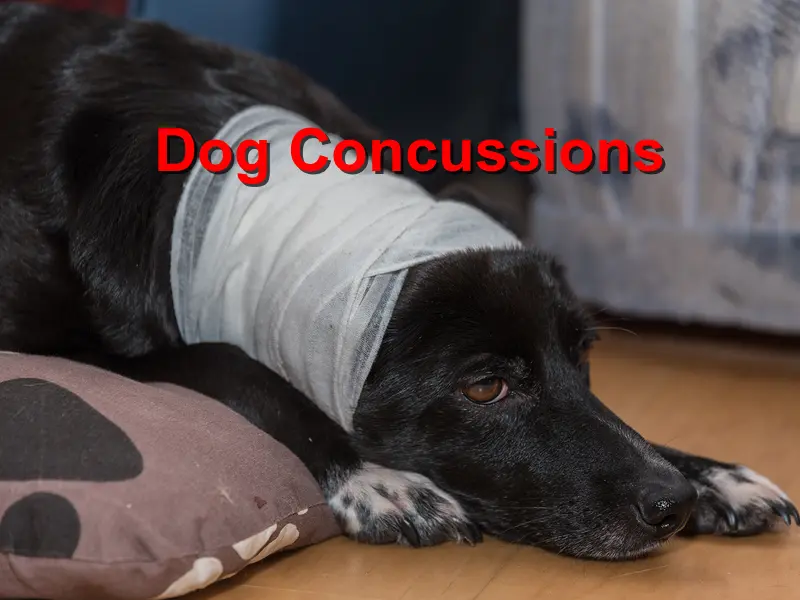Concussions in dogs: What you need to know of the pet condition
Pets are becoming a huge part of our daily lives, and this is why you should be familiar with the frequent occurrence in our households. Unfortunately, our environment makes our pet dogs susceptible to plenty of situations that can result in concussions.
Unlike humans, you won’t straight up notice concussion in your pet since they first can’t speak for themselves on what they are experiencing. Still, you can find ways to diagnose and understand what is making your canine friend get the concussion.
Understanding concussions
In scientific terms, vets refer to the conditions as traumatic brain injuries or TBIs. Veterinarians attribute concussion in dogs to accidents, kicks/blows to the head and other similar causes. For instance, a car accident or a kick to the head by a farm animal may knock down your pet dog and result in the condition. Dogfights, or falling from a significant height are also causes of serious injury to the head.
Symptoms
The signs of a concussion are often immediate but will depend on the severity of the trauma. Severe cases would have the dog usually unconscious, and if this happens, the veterinary surgeon should be informed at once. However, not less severe concussion cases often portray the following symptoms in pet dogs
- Loss of consciousness
- Vomiting
- Disorientation and confusion
- Cognitive impairment
- Seizures
- Bleeding from the nose or ears(possible brain hemorrhage)
- Anisocoria(pupils of different sizes)
- The animal looks dull and sedated
- Abnormal ocular reflexes
How to treat and prevent
Treating of a head concussion would first need to identify the specifics of the dog’s brain injury and if there are any symptoms. In cases where the patient has lost consciousness then CPR is immediately necessary before rushing them to the veterinarian surgeon.
Your veterinarian will gather the necessary information from the symptoms and the dog’s overall medical history. The blood pressure might also be monitored to check if there are any changes in the dog’s heart and breathing rate. An anti-convulsing drug can be prescribed if the dog is experiencing seizures.
Although dogs are susceptible to concussions, there is no denying that most cases are outright preventable. As a pet parent, we can offer protection from the violent events that result in dog concussion. Be sure to keep your dog on a leash while not roaming, don’t allow dogfights and to wander in the streets. A little bit of prevention can go help in the long run.
References: Tex Vet Pets, Todays Veterinary Practice, VCA





